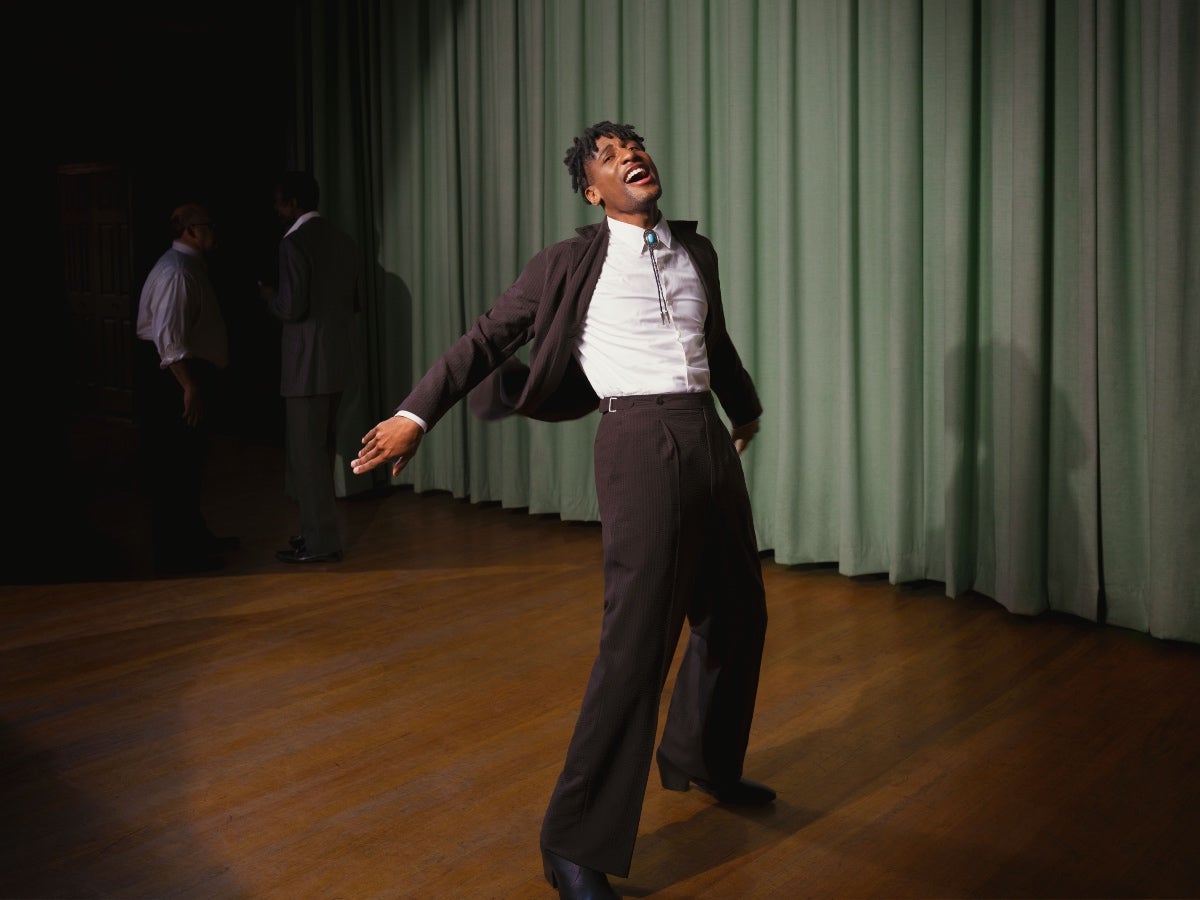Jon Batiste has never been easy to pin down. A prodigy from New Orleans who first found his footing on piano, he’s since moved fluidly through jazz clubs, symphony halls, late-night television, stadiums, and the biggest award stages in the world. He has racked up Grammys across multiple genres, an Academy Award for Soul, and an Emmy, while performing everywhere from the Super Bowl to the White House. Yet if you ask him, all of that is still prelude. Now, Batiste’s latest project, BIG MONEY, is not a capstone but a recalibration — a return to the essence of who he is and what music is meant to do.
The title is deceptively simple, but it carries the weight of generations. “Grandmama said, boy, don’t be no dummy,” Batiste recalled during our conversation. “Everybody chasing that big, big money. People would do what they had to to make a way for themselves and their family.” For him, the phrase cuts several ways. It’s about the material realities of survival in America, where wealth can build futures or corrode democracy. But it’s also about the invisible currency that sustains us: tradition, creativity, and love. “Money is a big force,” he said. “It’s a big spiritual energy and we need it to live and to build. But it’s also the cause of our biggest problems in this country, so I thought it was the perfect name to really capture the whole spirit of what it is we’re talking about.”
What makes BIG MONEY stand apart in Batiste’s catalog is its immediacy. Recorded in just two weeks with the legendary Dion “No I.D.” Wilson, the album was built less on planning than on instinct. The two had known each other for years, swapping records and family stories, even realizing they might be distant cousins. When they finally locked into the studio, the songs poured out quickly. “We basically decided to do it, and then in two weeks it was done,” Batiste said. “You know how something feels when you hear it and there’s nothing you would change? That’s how I know.”

The results are raw and alive, often captured in single takes. Batiste leaned heavily on guitar this time — an instrument he carried with him while touring, jotting down ideas between cities. “Playing the guitar opened up another form of songwriting,” he explained. “You could carry it with you like a companion on the journey. Just start strumming and an idea will come.” The shift gave Big Money a looser, more lived-in energy than some of his previous work, closer to a journal set to rhythm than a meticulously polished statement.
That doesn’t mean the project is without scope. The album closes with Angels, a reggae-inflected track where No I.D. himself jumped in on a dub box siren. The moment felt serendipitous. “He was like, let me play that while you sing. And that was the take,” Batiste recalled. It was the last song recorded, and it became the album’s parting note, leaving listeners with a sense of uplift even as the record grapples with weighty questions about power, purpose, and survival.
As always with Batiste, the music is tied to a philosophy of service. On the title track, he repeats the refrain, you might as well live for something — a mantra he’s been carrying with him through years of triumphs and trials. “At the end of the day I want to come back home and really be comfortable in my own skin and be able to love the people who are my family, my chosen family, and my blood family,” he said. For him, art is not just expression but responsibility. “Our whole goal in life should be to serve,” he added. “My faith is the bedrock of that belief that we are here to serve. We have a purpose, and God put us here with our gifts to do something with ‘em. That’s how I move. And there’s no price to that. You can’t buy me out of that.”

There’s also a playful side threaded through the record, embodied in the reappearance of his alter ego, Billy Bob Bo Bob — a kind of fantastical trickster figure he’s inhabited before. “That’s like when you step into that space for me, it becomes something that anything is possible traveling through space and time,” Batiste explained. “It’s almost like Black Willy Wonka or a mythical character from the future. I love that character coming back at the end of this album because it signals, oh man, what’s next?”
The “next” is always the question with Batiste. His career has already traversed so many worlds that it can be hard to imagine where he hasn’t gone. But BIG MONEY suggests that he’s most interested in stripping things down, leaning into vulnerability, and trusting his instincts. In doing so, he’s created a body of work that’s as much about questioning the forces that shape our lives as it is about offering joy, groove, and catharsis.
For all its urgency, BIG MONEY isn’t a lecture, it’s an invitation to dance, to wrestle with contradictions, to see value beyond the dollar. And it is proof that Batiste, even at the height of recognition, still refuses to settle into one lane. As he put it, “Big money is not just in dollars. It’s in cultural inheritance. It’s in who we are and what we create.”
